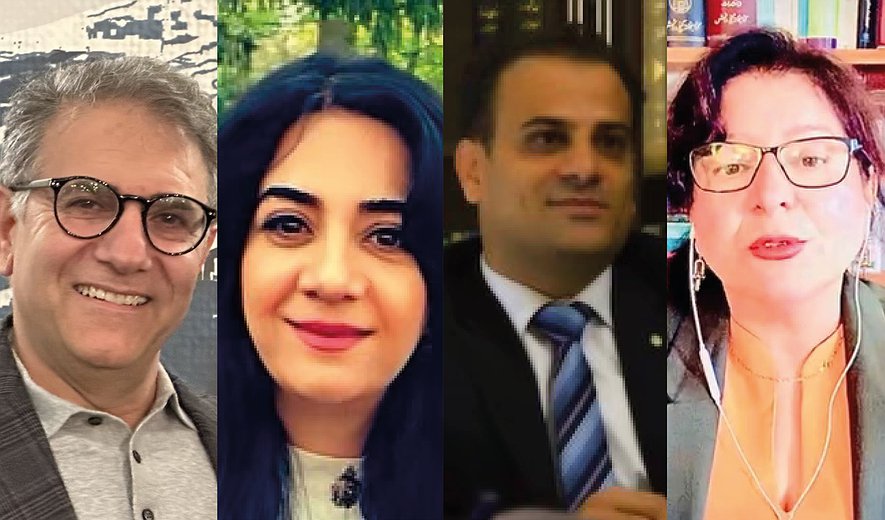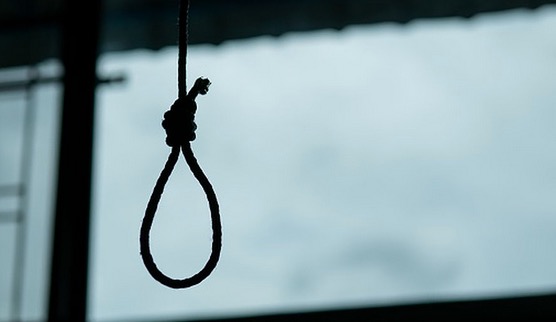Iran Human Rights (IHRNGO) – In an open letter, four Iranian lawyers and legal experts have called on the United Nations Office on Drugs and Crime (UNODC) to make any cooperation with the Islamic Republic in relation to the war on drugs, contingent on an immediate moratorium on drug-related executions. Lawyers Hossein Raeesi, Tannaz Kolahchian, Mohammad Moghimi, and international law expert, Nayereh Ansari, state that such action can reduce the number of executions by more than half, and will be groundwork for the complete abolition of the death penalty and guaranteeing the right to life in Iran.

Full text of open letter:
To: United Nations Office on Drugs and Crime (UNODC)
Subject: Call to make any cooperation with the Islamic Republic in relation to the war on drugs contingent on an immediate moratorium on drug-related executions
Iran is one of the main drug transit routes to Europe, and the UNODC has been cooperating with the Islamic Republic for years to limit the entry of drugs into Europe through Iran’s borders. This cooperation includes financial aid, equipment and police training. This is despite the fact that the Islamic Republic uses the death penalty as the main method of combating drug-related crime in its policies without regard to the root causes of crime and effective ways of preventing drug trafficking. Today, the abolition of the death penalty is recognised as one of the human rights values of the United Nations. Yet, the Islamic Republic has been ignoring international human rights laws for years, and has executed many people for drug-related offences. At the same time, the cooperation with UNODC has not led to a reduction in such crimes, and has instead led to more arrests and executions. It is the tax payers from donor Member States that pay for these executions through UNODC funding.
Of importance to note:
1. The Islamic Republic’s extensive use of the death penalty for drug-related offences is to create societal fear, especially among ethnic minorities like the Baluch. In 2023, Baluch citizens made up a third of all drug executions despite only constituting 2-5% of Iran’s population.
2. Drug-related offences are under the jurisdiction of the Revolutionary Courts that do not adhere to fair trial standards.
3. While drug trafficking is mainly carried out by international cartels with the authorities’ cooperation, it is the poor that are sentenced to death for these charges. Defendants are often those that were driven to commit such crimes due to economic problems.
4. The widespread application of the death penalty has not led to a reduction in crime in the last 45 years. In fact, crimes have increased as a result of authorities failing to address the root causes of the offences.
5. According to the Universal Declaration of Human Rights and General Interpretation No. 36, Paragraph 35 of Document 36 CCPR/C/GC/ of the United Nations regarding Article 6 of the International Covenant on Civil and Political Rights to which Iran has ratified, the death penalty should only be used for the most serious crimes. It specifically emphasises that drug offences are not considered “serious crimes.” The abolition of the death penalty and fair trial rights are also enshrined in the American and European Human Rights Conventions and Strasbourg Protocols 4 and 6.
6. The 2017 Amendment to the Anti-Narcotics Laws do not meet the Islamic Republic’s international obligations. Executing drug defendants is a gross violation of the right to life. The international community has not shown an appropriate reaction to these violations and the daily executions are met with media silence. This has led to the drug executions increasing by 18 fold in 2023 compared to the three years prior.
We, a group of Iranian lawyers and legal experts, are calling on the UN to put pressure on Iran’s government to change its crime policies and immediately halt drug executions. We also call on the UNODC to make the continuation of its cooperation contingent on a moratorium on drug executions.
It is worth mentioning that such action can reduce the number of executions by more than half, and will be groundwork for the complete abolition of the death penalty and guaranteeing the right to life in Iran.
 Shabtabnews In this dark night, I have lost my way – Arise from a corner, oh you the star of guidance.
Shabtabnews In this dark night, I have lost my way – Arise from a corner, oh you the star of guidance.



